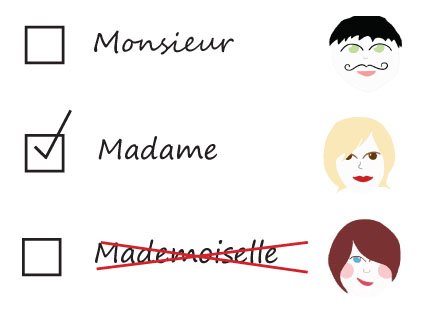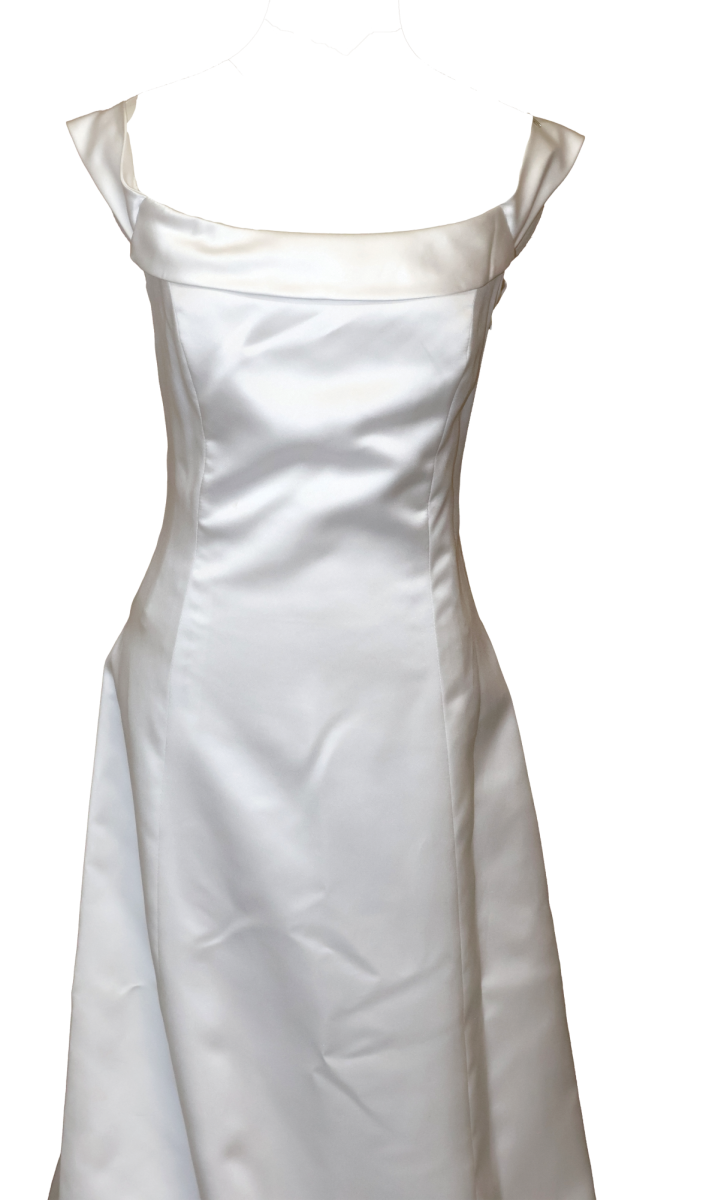
French Prime Minister bans the use of Mademoiselle on official documents
François Fillon, the Prime Minister of France, passed a law on Feb. 21 officially banning the use of the honorific “mademoiselle” from official forms and registries. It comes after French feminists spent months advocating for its removal, arguing that the term was outdated and demeaning.
“Mademoiselle”, the French equivalent of “miss”, dates back to a time when women required the approval of a male authority, either a father or husband, to participate in government affairs. “Mademoiselle” referred to a woman as being dependent on her father, while ‘madame’ meant she was married and dependent on her husband.
Women “had to check mademoiselle, meaning that they didn’t have the authority to open any bank accounts or do all those things—they had to ask for either their father’s permission or their husband’s permission,” said French teacher Catherine Berryman. “They went from being the responsibility of their father to the responsibility of their husband.”
Times have changed since then, and a culture that once subjugated women now treats them as equals. As such, French feminists complained that the antiquated term was sexist and unnecessarily referenced a woman’s matrimonial status.
Feminist groups Osez le Féminisme (“Dare to be Feminist”) and Les Chiennes de Garde (“The Watchdogs”) started a campaign last Sept. to argue against the distinction between “mademoiselle” and “madame” on government forms. Finally, after six months of petitioning, France followed in the steps of fellow European country Germany, who omitted Fräulein (German for ‘miss’) in 1972, and Italy, who does not use gender titles in official documents.
“I think it’s a good thing,” said Berryman. “There’s no need to ask women whether they’re married or not because they can do anything on their own; they don’t need permission from a husband or a father.”
Fellow French teacher Mollie Monaco added that the decision was “bound to happen.” In an era where professional women are the norm and not the exception, women are demanding a more leveled playing field with their male equivalents after centuries of discrimination.
“You don’t have to distinguish between a married and single man, why should you have to distinguish between a married and single woman?” Monaco asked. “It’s a double standard.”
Despite the negative press it has received, “mademoiselle” remains in colloquial language as the proper form of address for younger women. When an older person is talking to someone younger, they’re “not going to say madame, they’re going to say mademoiselle” Berryman said.
Hockaday girls are unsure about the change. Business French student junior Marzia finds it “pretty bold of them” to remove the honorific but supports it nonetheless, while sophomore Janie thinks the change is being overblown.
“It’s really not that big of a deal,” Janie said. “I wouldn’t really mind being called ‘Mrs.’ instead of ‘Miss’ if I’m pretty old because people are going to get me confused with ‘Mrs.’ anyways.”
The elimination of the French equivalent to “miss” has rekindled interest in the Mrs./Ms./Miss debate here in America. The french publicity has garnered support among some women, who feel that marital statuses are no longer relevant in today’s culture and create another unnecessary differentiation between men and women.
“The culture has to adapt to more professional women,” Monaco said, “women demanding to be treated on a level playing field with men.”
Despite the mixed reactions, many girls will miss the quintessential French term (if only formally).
“It might just be Americans making a big deal out of it,” sophomore Megan said, “but I feel like it should be there. It would be weird for me to have to check ‘madame’ on a form. I’d probably prefer to check ‘mademoiselle.’”
Because it will remain in colloquial use, don’t expect to be addressed by “madame” the next time you’re buying a croissant from the local Parisian bakery—at least not in the near future.
– Laura









